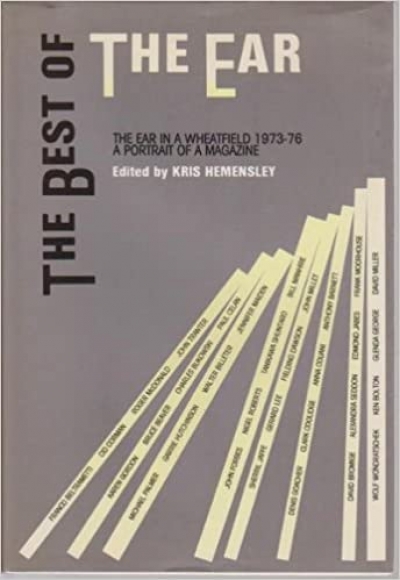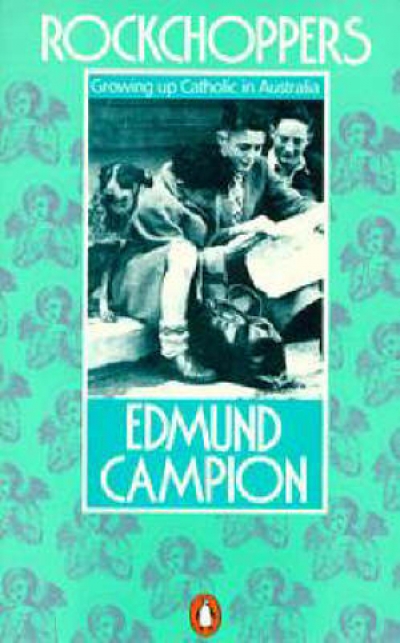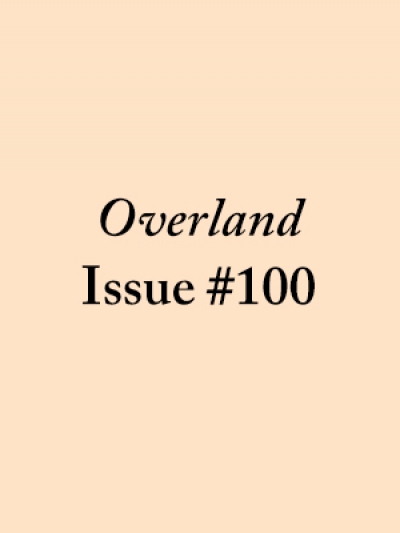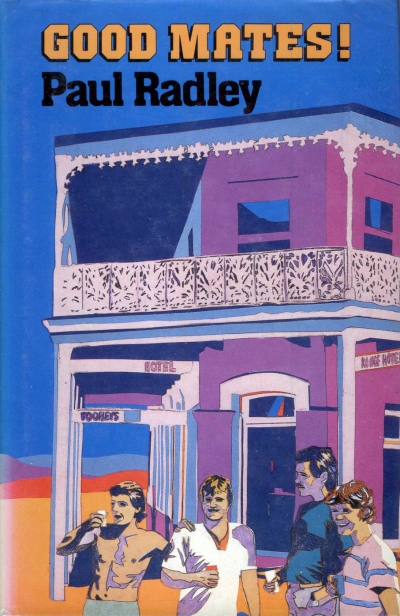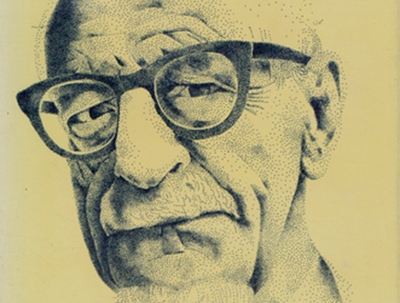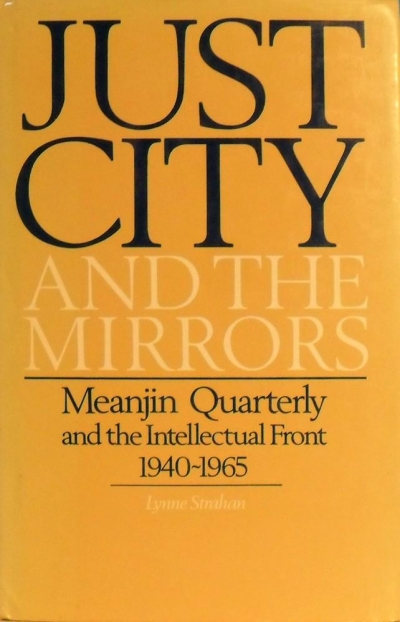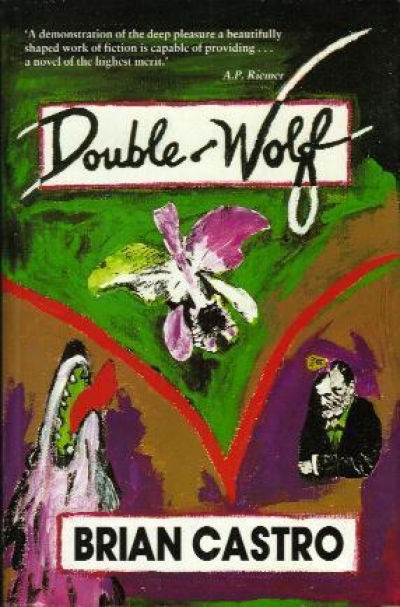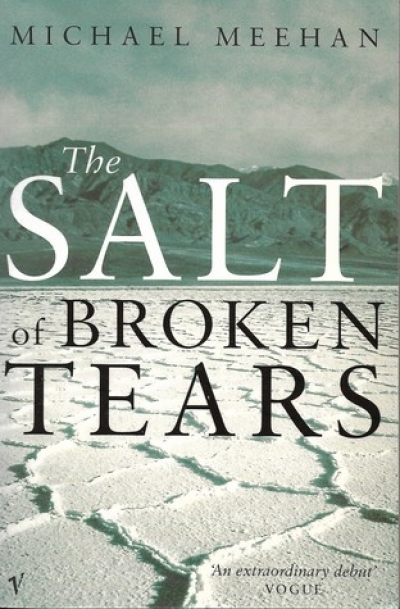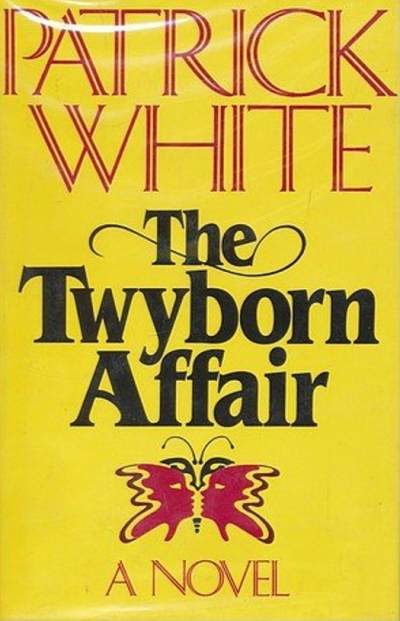John McLaren
John McLaren was founding editor of the second series of ABR (1978–1986).
The everlasting dance of sounds and feelings and colours, the taste and scent of life, comes to us in its most explicit form in words. Even when Proust’s famous Madeleine led him back through its scents and associations in search of a time that was lost, he followed its tracks through words that brought back the images of the past and tied them down into clear grammatical patterns of form and re ... (read more)
The decisive influence on Australian politics and culture has been the fact that our society has always included a large minority who, even if they considered themselves British, were definitely Irish and not English. The fact that this minority has been Catholic and, as a result, has felt itself discriminated against, has shaped the church into an Irish rather than a European mode, so that, as Ca ... (read more)
Perth, like Sydney, is a city of water, but the water on display is safely enclosed in the reaches of the Swan. Here ferries and commuting speedboats plough their straight lines among flocks of red or blue sailed dinghies sailing and tacking in sudden turns like flocks of tropical fish. In Fremantle, sailors’ missions and clubs straggle around the side streets, and the mall on a Saturday afterno ... (read more)
Paul Radley’s novels are about loss and growth. The first, the prize-winning Jack Rivers and Me, showed how ‘Peanut’ was forced to shed his imaginary companion as a part of his joining the world of school. My Blue-Checker Corker and Me dealt with a twelve-year-old boy’s reaction to grief at the loss of his racing pigeon. Now, in his latest, he takes us through five years in the lives of tw ... (read more)
Arthur Phillips, who died last month at the age of eighty-five, was one of the major figures of the democratic nationalist tradition in modern Australian literary criticism; and his collection of essays, The Australian Tradition (1958; second edition 1966) epitomises the strength of this school. These essays are marked by the perception of the reading behind them, the clarity of the writing in the ... (read more)
For thirty-four years Clem Christesen endured financial stringency, public apathy, political vilification, academic indifference, and institutional hostility in order to provide in the literary journal Meanjin a mirror that would provide for his fellow Australians the image of the just city.
In her history of this endeavour, Lynne Strahan duly honours those who collaborated with Christesen in his ... (read more)
Outside there is a row of walnut trees. On one of them seven white wolves are sitting. They are staring at him. From a high and supple branch, looking like a wolf, his sister Anna is swinging. Behind them, the city is on fire.
Wolves and goats. The goats represent the ego. They control time, represent culture, continuity, the status quo. They live in the grandfather clock that is at once hist ... (read more)
In one sense, the publisher’s blurb on this novel says it all.
On the edges of the salt lakes, in the harsh Mallee country of north-west Victoria in the 1920s, isolated soldier settler farms struggle to survive the dust and despair. There are few travellers: just the Debt Adjuster, or the Indian hawker Cabel Singh. Or a girl who turns up out of nowhere. Eileen. When Eileen disappears, a young ... (read more)
Like every one of his previous novels, Patrick White’s latest work is both utterly characteristic and completely unpredictable. With the third line, we know we are in for another of White’s dissections of human behavior. ‘“Bit rough, isn’t it?” her chauffeur ventured.’ The verb almost parodies White’s careful placing of human acts any other writer would – perhaps rightly – cons ... (read more)

